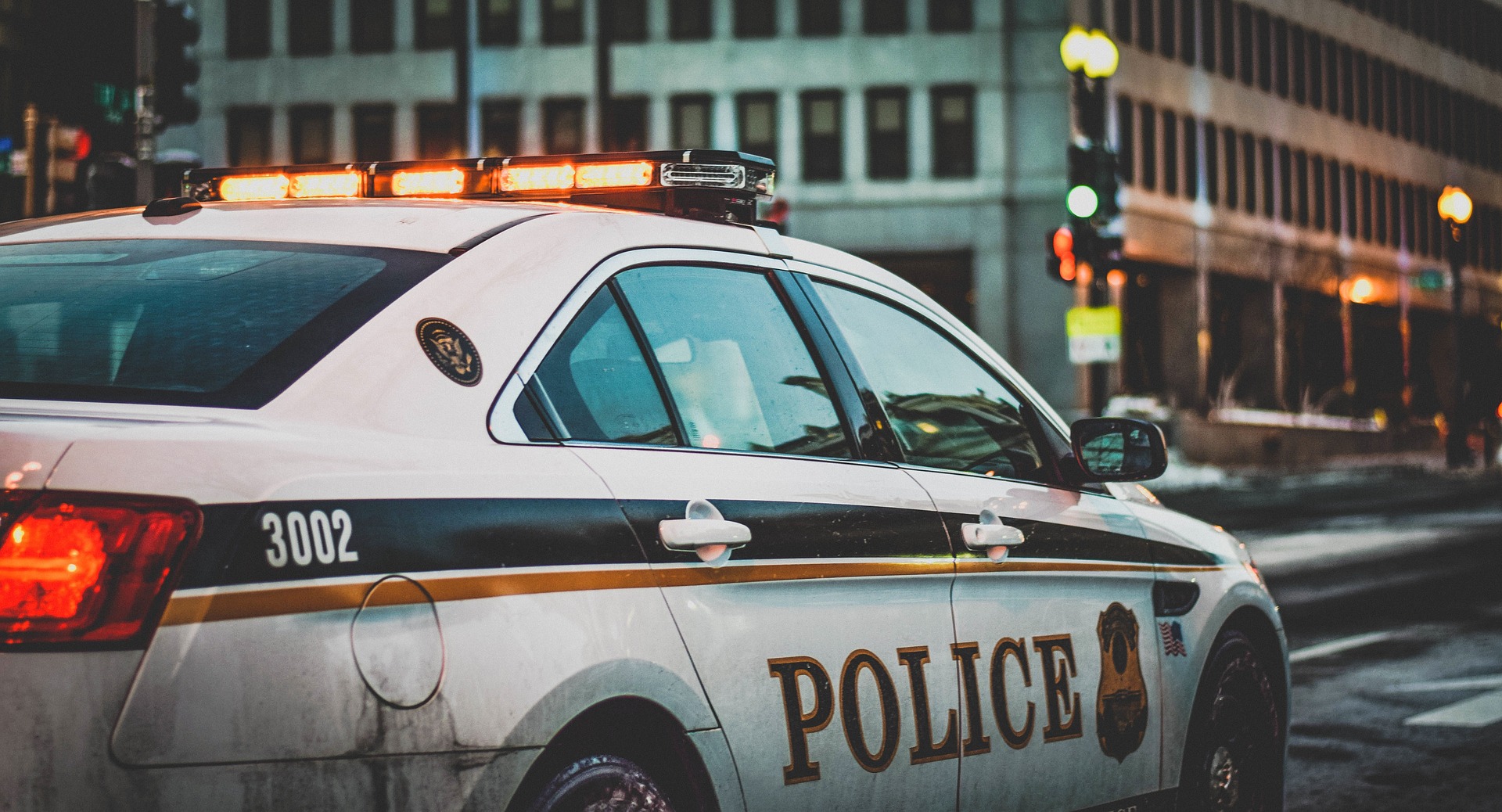New State Law Has Police Connecting Opioid Addicts With Drug Rehab Centers in New Jersey

A new law recently signed into effect by Governor Chris Christie will allow addicts to seek help for dependency and addiction from local police without facing arrest or incarceration. The purpose of the law is to help reduce statewide opioid use, addiction, and overdose deaths, and to connect addicts with drug rehab centers in New Jersey that treat opioid addiction. At present, most opioid addicts are hesitant to get the help they need for fear of suffering legal ramifications or incarceration.
If you use opioids regularly and think you might have a problem with addiction, call our 24/7 confidential helpline at 888-414-2380 to speak with an addiction specialist. We’ll help you find nearby drug rehab centers that will guide you through detox, withdrawal, and recovery from opioid addiction.
Connecting Opioid Addicts With Help and Support

New Jersey police can help opioid addicts seek rehab treatment.
Christie says police officers are often the first people to encounter nonviolent drug offenders, which is why it’s important that law enforcement become a point of access for help and recovery. The new law will allow the Attorney General and the state director of Mental Health and Addiction Services to develop new programs that train police on how to help overdose victims. Christie stresses that the law was created to help addicts recover, and not to help offenders avoid prosecution for drug-related crimes.
The bill was co-sponsored by New Jersey legislator Valerie Vainieri Huttle, who says the law allows addicts to receive assistance from police, volunteers, and advocates in a manner that focuses more on recovery than on criminal charges. Huttle says struggling addicts no longer have to be afraid about coming forward, especially since the state’s top goal is to reduce opioid overdose deaths. From 2000 to 2014, opioid overdose deaths quadrupled nationwide.
Christie says New Jersey will also be expanding its drug court program, which allows drug offenders to receive addiction treatment while participating in community service and other programs. The governor adds that an opioid overdose reversal drug called naloxone will be more available to first responders, and that a former prison will be converted into an addiction treatment center for offenders.
Seeking Addiction Treatment At Opioid Rehab Centers
Overcoming physical dependency on opioids is one of the greatest challenges many addicts face. Opioids are highly addictive due to the way they bind to opioid receptors in the brain and alter brain chemistry — specifically dopamine levels. Addicts will continue to abuse opioids to maintain feelings of painlessness and euphoria, and to avoid cravings and withdrawal symptoms when they stop using.
Opioid addicts who try to quit using on their own often return to drug use for the sake of avoiding cravings and painful withdrawal symptoms as their bodies overcome dependency. Unfortunately, these individuals are often at higher risk for suffering an overdose, coma, and/or death. But the treatments offered at drug rehab centers allow addicts to overcome opioid dependency and addiction in safe, controlled medical environments.
Many drug rehab centers that treat opioid addiction offer unique FDA-approved medications that mimic the effects of opioid drugs without producing the same feelings of euphoria and pain relief. These medications help addicts stop abusing opioids without suffering cravings or side effects. After overcoming physical opioid dependency, patients can benefit from therapy, counseling, and other treatments that teach them how to overcome addiction and take back their lives from drug abuse.
If you’re struggling with opioid addiction, don’t wait until you suffer an overdose or get arrested before seeking help. Call our 24/7 confidential helpline at 888-414-2380 to learn more about your rehab options, and about the treatments available at drug rehab centers in New Jersey that can help you achieve improved health and sobriety.
